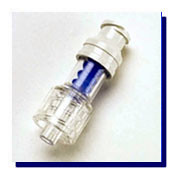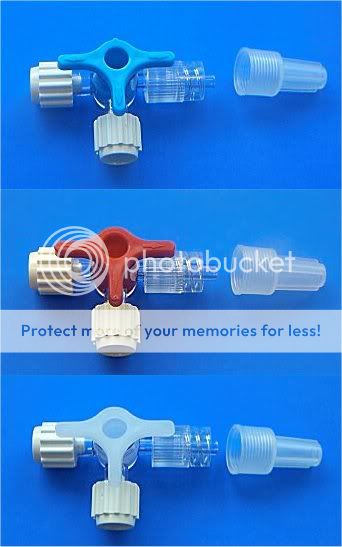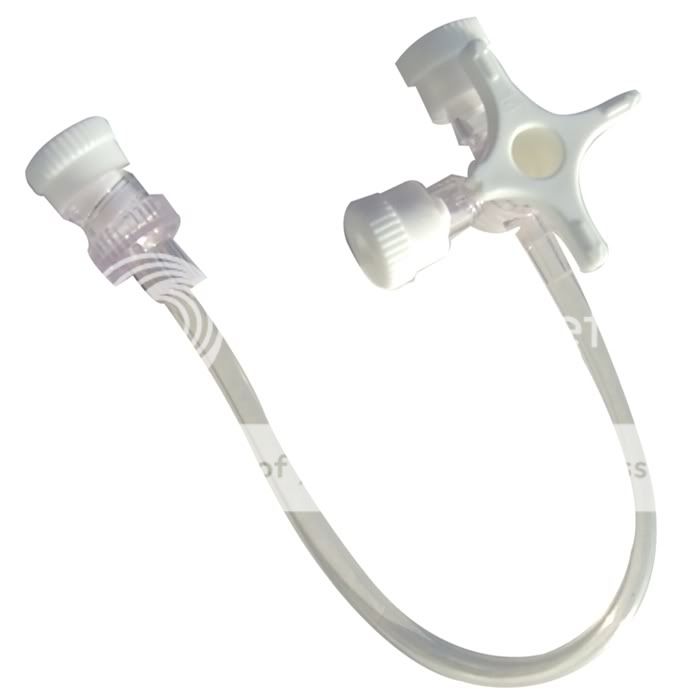xrsm002
Forum Captain
- 291
- 0
- 16
I was wondering I had two abdominal pain calls on the truck we started an IV on the first one but the 2nd one we didn't start one. I am a paramedic student and my preceptor told me the 2nd patient didn't need one. I am assuming because it was a <6 min transport time to the ER. The first one was about 15 min transport. Or it could be cuz the first one was bent over, and the 2nd one wasn't. Any suggestions on when and when not to start lines? or at least a saline lock?






